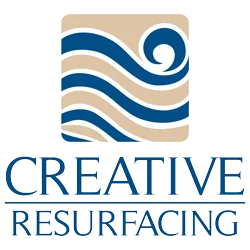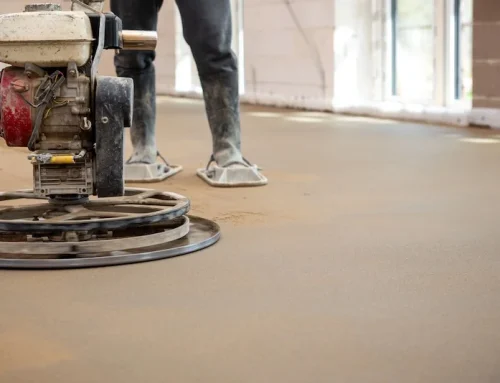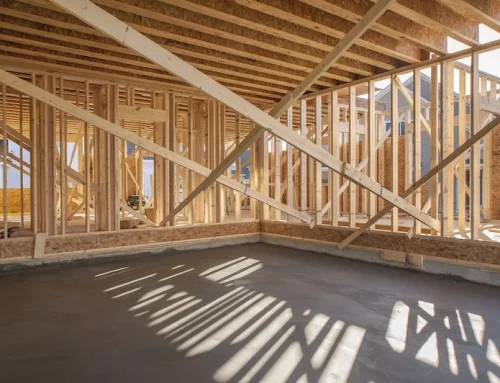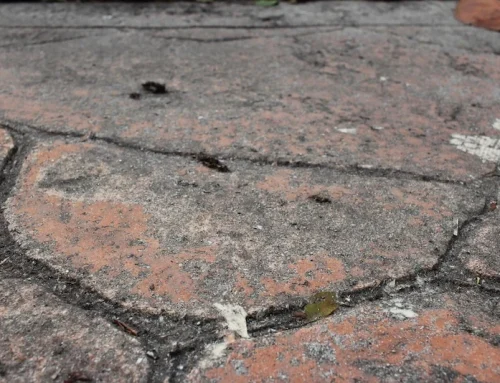Florida’s rainy season is quickly approaching, bringing intense storms, relentless humidity, and an increased risk of hurricanes.
Without proper protection, your concrete surfaces—such as driveways, patios, and pool decks—can absorb moisture, leading to cracking, mold growth, and even hazardous slippery conditions. Leaving concrete vulnerable can result in expensive repairs and diminished curb appeal, which can significantly impact your home’s value and safety.
Professionally applied waterproof concrete solutions are explicitly designed to withstand Florida’s harsh climate, safeguarding your property from water-related damage. Homeowners who take proactive steps with professional waterproofing enjoy peace of mind, knowing their concrete is not only secure but also visually appealing, durable, and ready to endure whatever weather Florida throws their way.
Why Waterproofing Matters for Florida Concrete
Florida’s intense rainy season runs from July through September, bringing frequent heavy rainfall and severe storms. This consistent water exposure poses a significant risk to your concrete surfaces, leading to water intrusion that can weaken your property’s structure. Concrete acts like a sponge, absorbing water easily, which triggers a chemical reaction that leads to hairline cracks and even significant structural damage.
If left unprotected, moisture seeps into your concrete mix, causing deterioration of driveways, patios, and floors. Walls and stucco surfaces are also commonly affected, developing gaps and leaks. Over time, this moisture ingress can cause costly maintenance issues and pose safety risks.
Professional contractors recommend waterproof concrete treatments to protect your home, effectively preventing water seepage, reducing long-term repair costs, and ensuring your property withstands Florida’s challenging climate.
Risks of Not Waterproofing Concrete
If you skip waterproofing your concrete, you’re leaving your property vulnerable to several serious issues. Here’s what could happen:
- Structural weakening and erosion: Water ingress gradually erodes cement and other building materials. This weakens your concrete structure and shortens its lifespan significantly.
- Mold growth, staining, and discoloration: Moisture trapped inside unprotected concrete surfaces can cause unsightly stains, discoloration, and mold growth. Mold is harmful to health, particularly for those with allergies or respiratory issues.
- Safety hazards due to slippery surfaces: Wet concrete surfaces can become dangerously slippery, posing risks of falls and injuries. This concern is especially important for property managers responsible for ensuring the safety of residents or visitors.
How Professional Concrete Waterproofing Protects Your Home
Hiring professional contractors for waterproof concrete provides multiple benefits:
- Enhanced durability against moisture penetration: Specialized additives and coatings help concrete resist water absorption.
- Preventing expensive repair and maintenance costs: Waterproofing reduces the likelihood of leaks and structural damage, saving you from high repair expenses.
- Maintaining home aesthetics and property value: Professional decorative concrete solutions and waterproofing keep surfaces attractive and protected, preserving your property’s market value.
Best Areas to Waterproof Around Your Florida Home
Waterproof concrete is particularly important in areas of your home that face constant exposure to water or high moisture:
- Driveways and walkways: These surfaces face continuous exposure to rain and moisture, making waterproofing essential to prevent erosion and cracking.
- Patios and pool decks: Regularly exposed to water from rain, pools, or sprinklers, waterproofing protects these areas from mold, stains, and slippery conditions.
- Garage floors and entryways: High traffic combined with moisture can quickly degrade concrete surfaces, highlighting the need for waterproof concrete solutions.
Choosing the Right Concrete Waterproofing Solution
Selecting the right waterproof concrete solution is critical to effectively protect your home. Professionally applied waterproof coatings are essential to ensure the correct methods and materials are used, maximizing both effectiveness and durability. Experienced professionals understand how to apply coatings accurately, preventing common problems and issues such as peeling or cracking that can occur with incorrect application.
Additionally, professionally installed waterproofing solutions offer both practical and aesthetic benefits. They significantly enhance the durability of your concrete surfaces while also providing visually appealing results, often incorporating decorative concrete elements. Expertise matters greatly here, as improper waterproofing can lead to inadequate protection, increased maintenance costs, and a higher risk of future damage.
Key Takeaways: Act Now to Avoid Rainy Season Damage
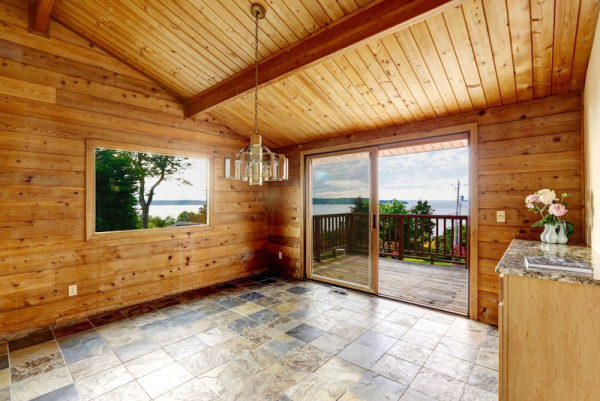
Acting early to waterproof your concrete is crucial to protect your property. Proactively choosing professional waterproofing services ensures your concrete remains durable and attractive for a long time. Don’t wait until you see warning signs like cracks or water damage. Plan and prepare your concrete surfaces before storms hit by reaching out to experienced experts such as Creative Resurfacing Solutions.
FAQs on Waterproofing Concrete in Florida
How long does waterproofing concrete last in Florida?
Typically, professional waterproof concrete solutions can last 5-10 years, depending on wear and environmental conditions.
Does waterproofing concrete prevent mold and mildew?
Yes, waterproofing significantly reduces moisture intrusion, which helps prevent mold and mildew growth.
Can waterproof concrete withstand hurricanes or heavy storms? Properly applied waterproof coatings provide strong resistance against severe weather, including hurricanes and intense storms.
When is the best time of year to waterproof concrete in Central Florida? The ideal time is late spring or early summer, right before the rainy season starts.
Why shouldn’t homeowners DIY waterproof concrete coatings? DIY methods often lead to incorrect application, resulting in poor performance and premature failure of waterproofing products.
